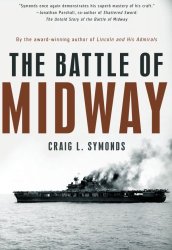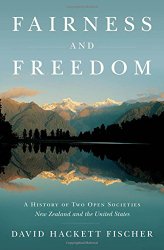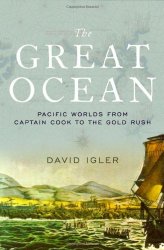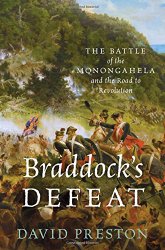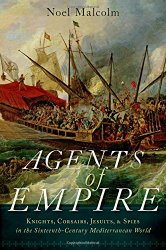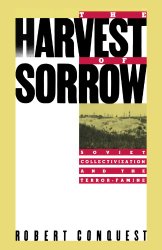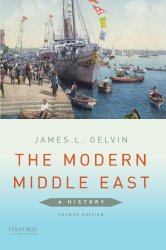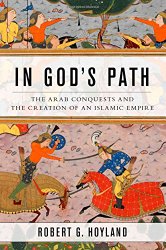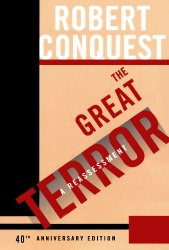There are few moments in American history in which the course of events tipped so suddenly and so dramatically as at the Battle of Midway. At dawn of June 4, 1942, a rampaging Japanese navy ruled the Pacific. By sunset, their vaunted carrier force, the Kido Butai, had been sunk and their grip on the Pacific had been …
Oxford University Press
Fairness and Freedom: A History of Two Open Societies: New Zealand and the United States
Fairness and Freedom compares the history of two open societies–New Zealand and the United States–with much in common. Both have democratic polities, mixed-enterprise economies, individuated societies, pluralist cultures, and a deep concern for human rights and the rule of law. But all of these elements take different forms, because constellations of value are far apart. …
The Great Ocean: Pacific Worlds from Captain Cook to the Gold Rush
The Pacific of the early eighteenth century was not a single ocean but a vast and varied waterscape, a place of baffling complexity, with 25,000 islands and seemingly endless continental shorelines. But with the voyages of Captain James Cook, global attention turned to the Pacific, and European and American dreams of scientific exploration, trade, and empire grew dramatically. …
Braddock’s Defeat by David Preston is a “classic work by one of the most gifted young historians working today,” according to series editor David Hackett Fischer.On July 9, 1755, British regulars and American colonial troops under the command of General Edward Braddock, commander in chief of the British Army in North America, were attacked by French and Native American …
Agents of Empire: Knights, Corsairs, Jesuits and Spies in the Sixteenth-Century Mediterranean World
In the late sixteenth century, a prominent Albanian named Antonio Bruni composed a revealing document about his home country. Historian Sir Noel Malcolm takes this document as a point of departure to explore the lives of the entire Bruni family, whose members included an archbishop of the Balkans, the captain of the papal flagship at the Battle of …
The Harvest of Sorrow: Soviet Collectivization and the Terror-Famine
The Harvest of Sorrow is the first full history of one of the most horrendous human tragedies of the 20th century. Between 1929 and 1932 the Soviet Communist Party struck a double blow at the Russian peasantry: dekulakization, the dispossession and deportation of millions of peasant families, and collectivization, the abolition of private ownership of land and the …
Extensively revised and updated in the wake of the Arab uprisings, the changes that they fostered, and the fault lines that they exposed, the fourth edition of The Modern Middle East: A History explores how the forces associated with global modernity have shaped the social, economic, cultural, and political life in the region over the course of the …
In just over a hundred years–from the death of Muhammad in 632 to the beginning of the Abbasid Caliphate in 750–the followers of the Prophet swept across the whole of the Middle East, North Africa, and Spain. Their armies threatened states as far flung as the Franks in Western Europe and the Tang Empire in China. The conquered …
The definitive work on Stalin’s purges, Robert Conquest’s The Great Terror was universally acclaimed when it first appeared in 1968. Harrison Salisbury called it “brilliant…not only an odyssey of madness, tragedy, and sadism, but a work of scholarship and literary craftsmanship.” And in recent years it has received equally high praise in the former Soviet Union, where it …
Plutopia: Nuclear Families, Atomic Cities, and the Great Soviet and American Plutonium Disasters
While many transnational histories of the nuclear arms race have been written, Kate Brown provides the first definitive account of the great plutonium disasters of the United States and the Soviet Union. In Plutopia, Brown draws on official records and dozens of interviews to tell the extraordinary stories of Richland, Washington and Ozersk, Russia-the first two cities in …
